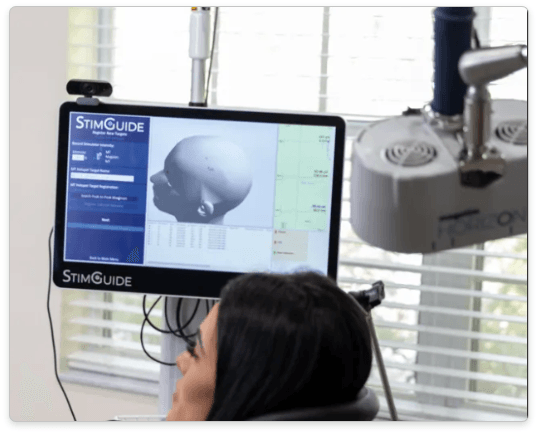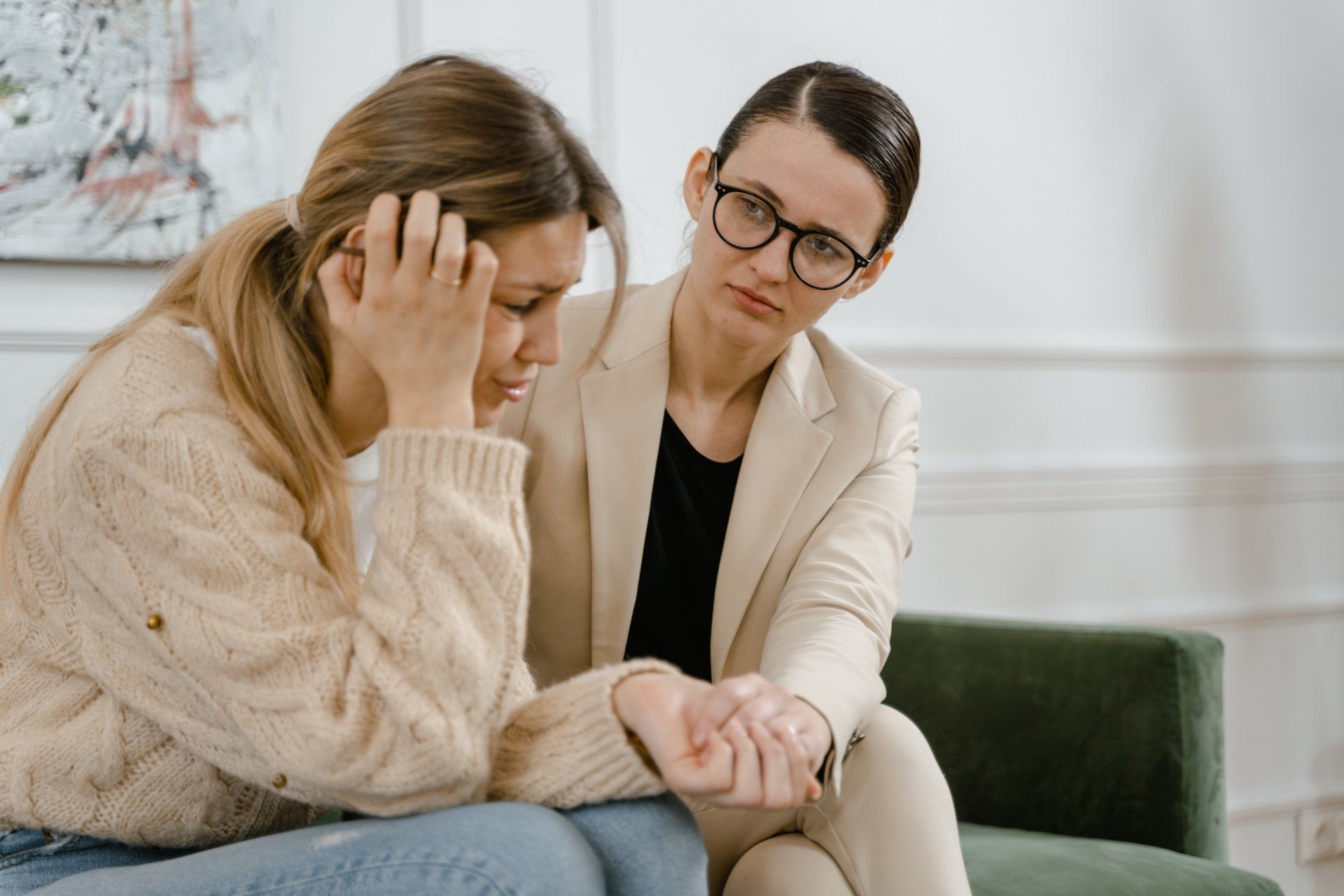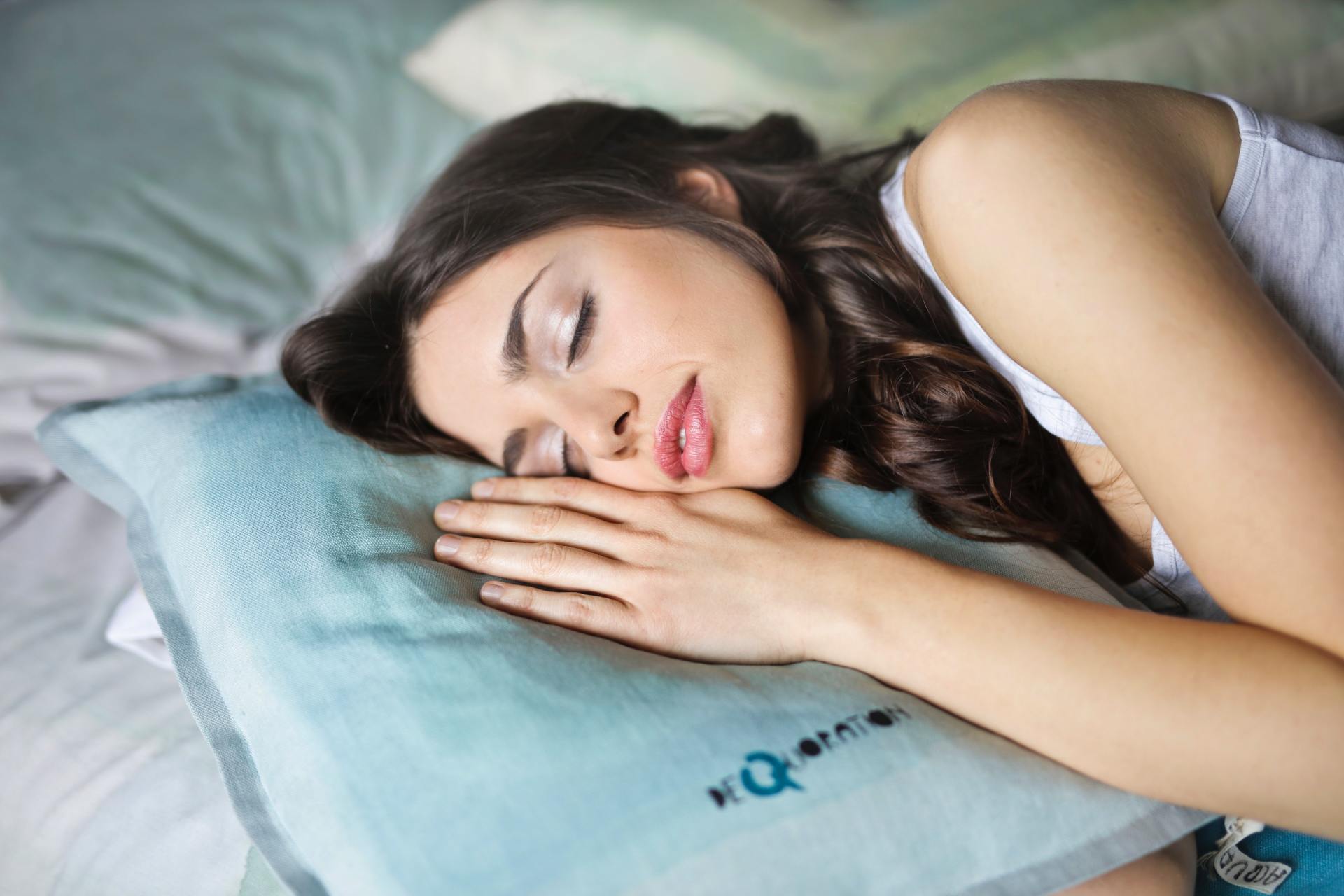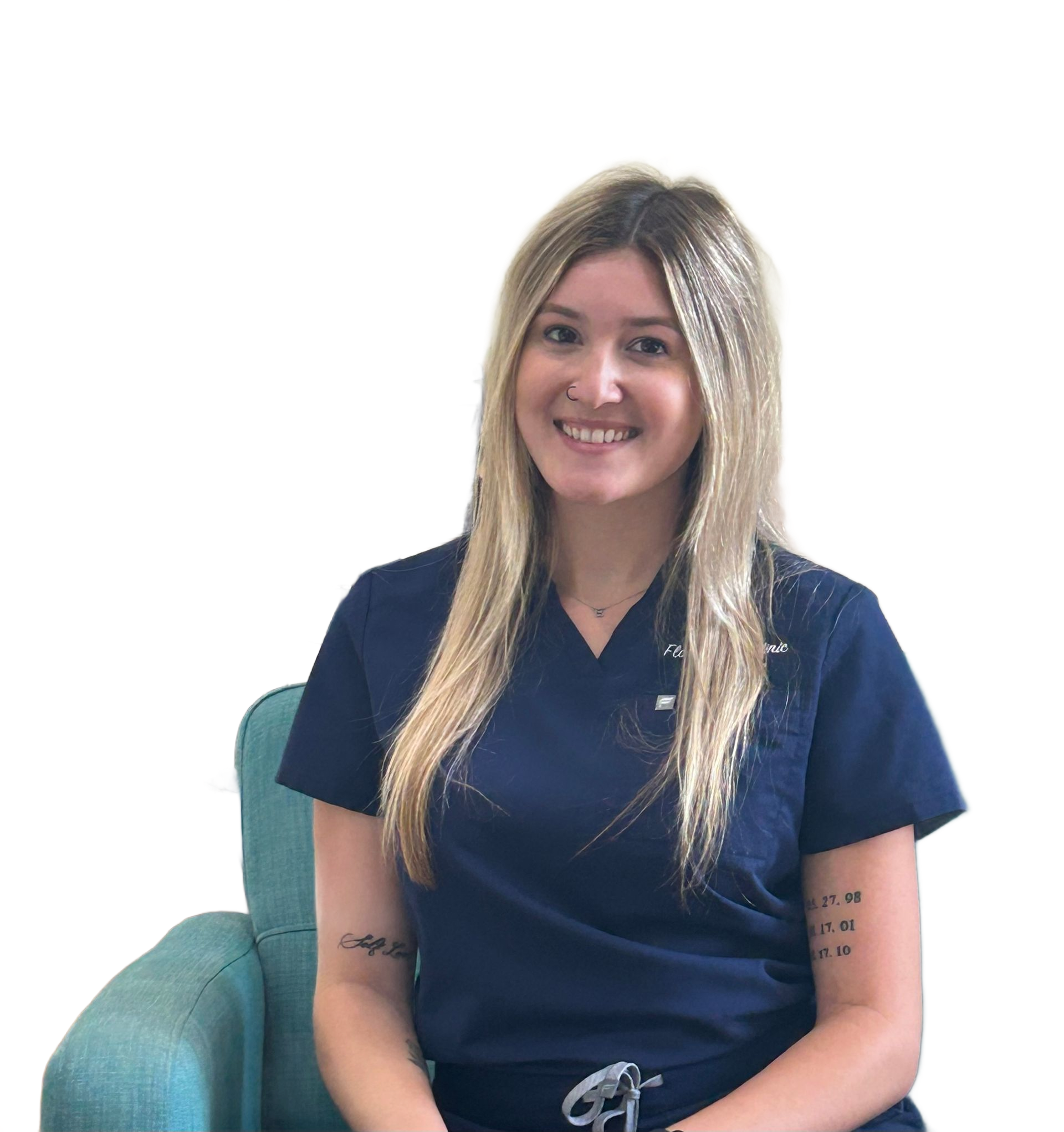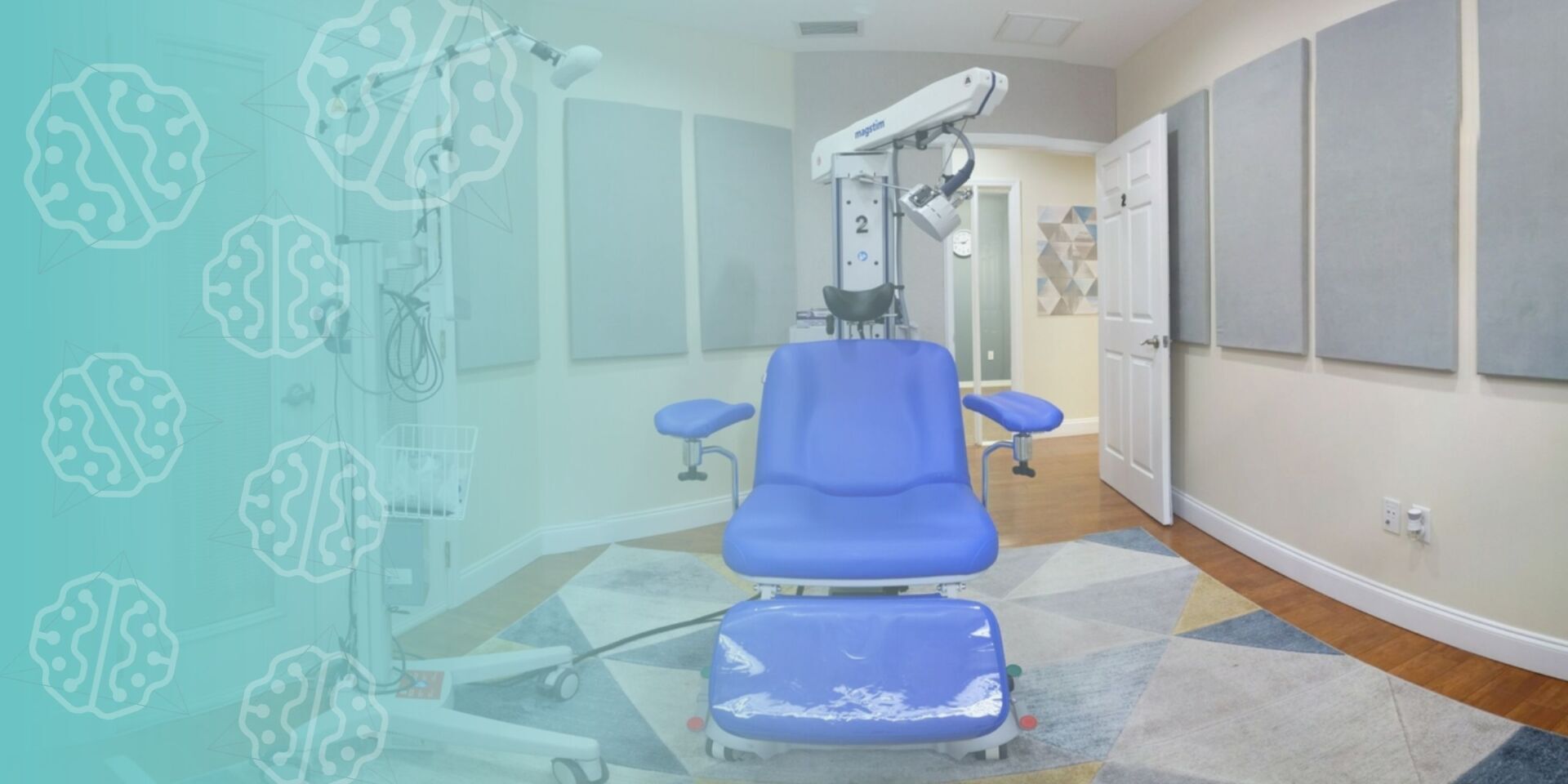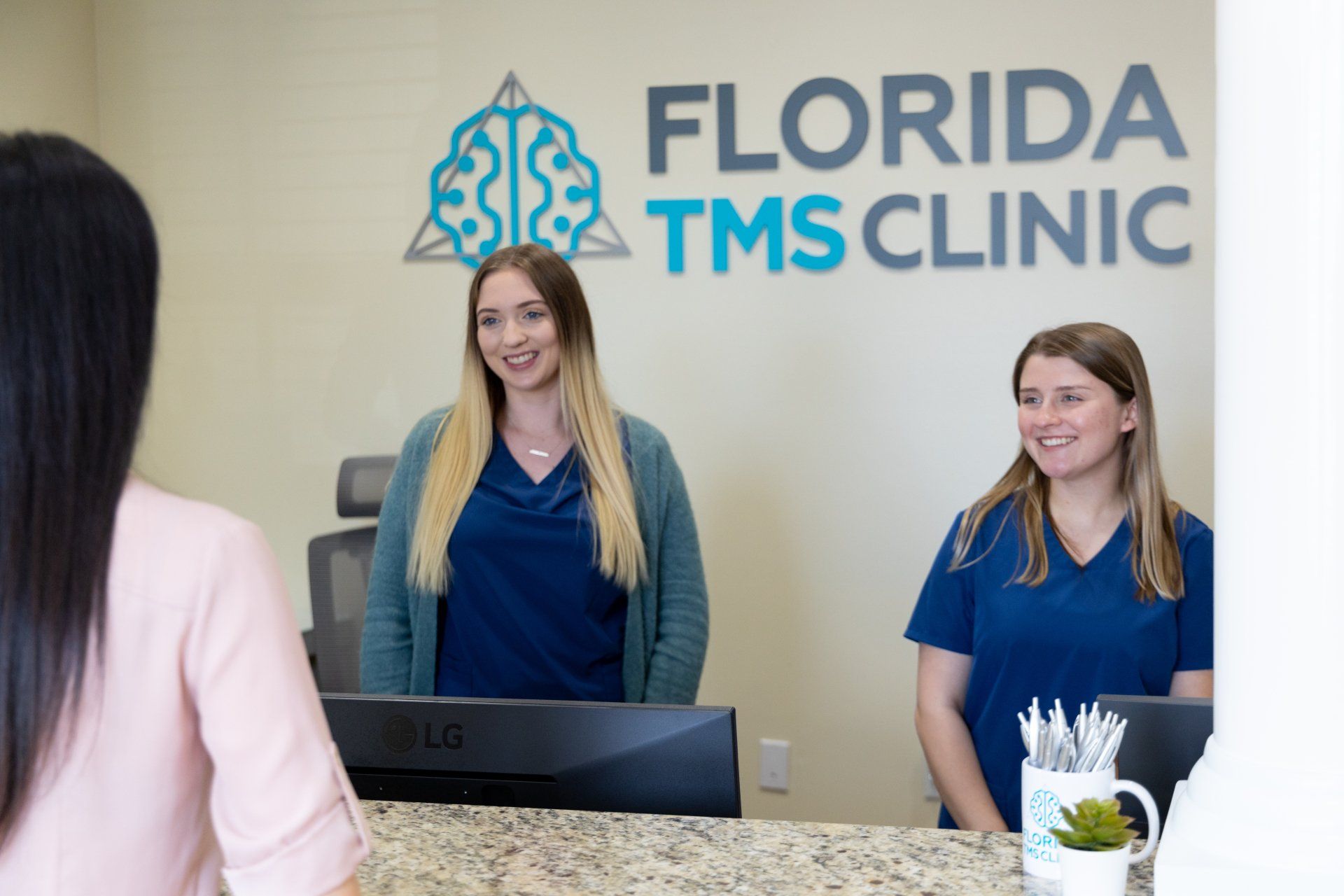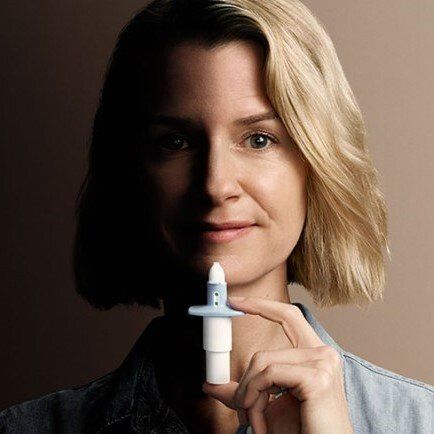Treatment Resistant Depression (TRD)
In this article, we cover the fundamentals of TMS for Treatment-Resistant Depression. First, you’ll learn more about clinical depression. Then we discuss a more stubborn form of depression called TRD. Finally, you’ll learn about current treatment options and why TMS therapy provides hope for those suffering from treatment-resistant depression.
What is Clinical Depression?
Depression is one of the most challenging disorders one can face. It cannot be diagnosed with a lab test or brain scan, making the condition especially isolating. According to the DSM-5, a major depressive episode is diagnosed when an individual experiences five or more symptoms during the same 2-week period, with at least one of them being either depressed mood or loss of interest/pleasure.
Symptoms of Major Depressive Disorder:
- Depressed mood most of the day, nearly every day
- Diminished interest or pleasure in almost all activities
- Significant weight loss or gain, or appetite changes
- Insomnia or hypersomnia
- Psychomotor agitation or retardation
- Fatigue or loss of energy
- Feelings of worthlessness or guilt
- Diminished ability to think or concentrate
- Recurrent thoughts of death or suicide
Can Depression and Anxiety Happen Together?
Yes. Depression is often associated with anxiety, which is why the DSM-5 includes the specifier “Major Depressive Disorder with Anxious Distress Features.”
Severity of Depression
Depression severity is classified as mild, moderate, or severe depending on the symptoms and functional impairment in relationships, work, or daily life.
How Serious is Depression?
Depression has a significant global impact. According to the World Health Organization:
- Over 264 million people worldwide suffer from depression
- Close to 800,000 people die due to suicide every year
- Suicide is the second leading cause of death among 15–29-year-olds
Depression is not only a leading cause of disability but also worsens outcomes for conditions like cardiovascular disease, diabetes, stroke, and hypertension.
Is There a Depression Test?
Common tests include the PHQ-9, MADRS, and HAM-D. These are used for both screening and monitoring progress. Such assessments also help determine eligibility for TMS therapy.
Are Women More Likely to Get Depression?
Yes. Women are more likely to experience major depression and attempt suicide, while men are more likely to die from suicide.
Treatment Options for Depression
Mild depression is often treated with psychotherapy such as:
- Cognitive Behavioral Therapy (CBT)
- Interpersonal Therapy (IPT)
- Mindfulness-Based Cognitive Therapy (MBCT)
- Acceptance and Commitment Therapy (ACT-D)
Moderate to severe depression typically requires a combination of psychotherapy and antidepressant medication. Common medications include:
- SSRIs: Celexa, Lexapro, Paxil, Prozac, Zoloft
- SNRIs: Effexor, Pristiq, Cymbalta
- Other options: Wellbutrin, Remeron, Buspar
- Augmentation strategies: Seroquel, Abilify
Side Effects of Antidepressants
Common side effects include:
- Stomach issues, diarrhea
- Dry mouth, headache, dizziness
- Weight gain
- Sexual side effects
- Emotional numbness (“feeling like a zombie”)
Weight gain and sexual side effects are among the most common reasons patients discontinue medication.
How Successful Are Antidepressants?
The success rate of antidepressants is modest. About one in three patients responds to the first medication. Combining therapy and medication raises the response rate to around 50%.
What Happens if Antidepressants Don’t Work?
Each subsequent trial of antidepressants lowers the chance of success:
- First attempt: ~27%
- Second attempt: ~21%
- Third attempt: ~16%
- Fourth attempt: ~7%
Roughly one-third of patients do not respond at all. This is called Treatment Resistant Depression (TRD).
What is Treatment Resistant Depression (TRD)?
TRD is typically defined as the failure to achieve remission after two or more adequate treatment attempts. Definitions vary:
- Clinical trials: failure after one antidepressant
- CMS criteria: failure after two or more antidepressants
- Some insurance companies: outdated definitions requiring failure of four medications
How to Treat TRD?
Four major treatments are currently available for TRD:
- TMS (Transcranial Magnetic Stimulation) – safest and non-invasive option
- ECT (Electroconvulsive Therapy) – also known as “shock therapy”
- Esketamine (S-ketamine) – a ketamine derivative, FDA-approved for TRD
- VNS (Vagus Nerve Stimulation)
👉 TMS stands out as the safest, most effective, and non-invasive treatment for patients with TRD.
